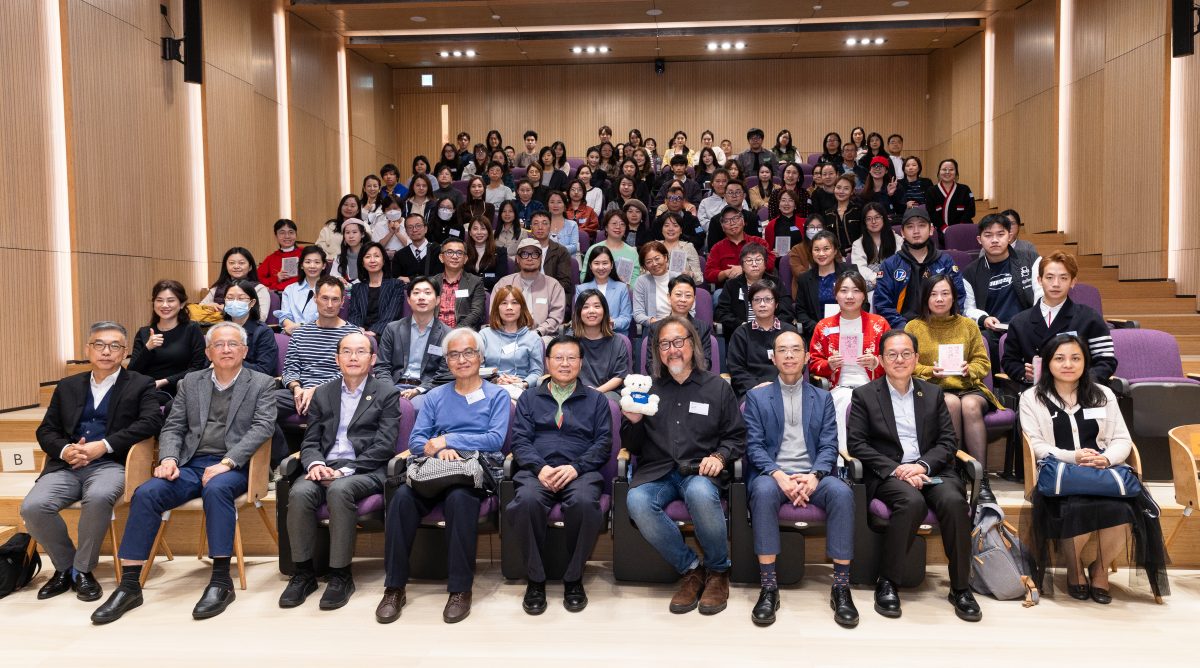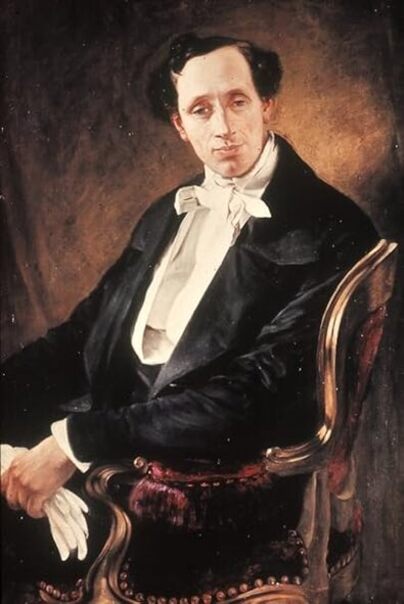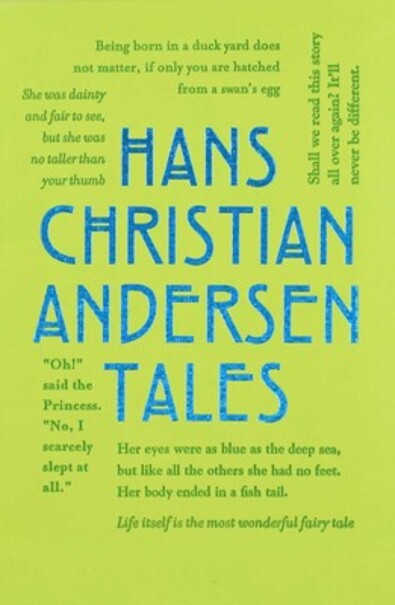The year 2025 marks the 150th anniversary of the passing of the world-renowned Danish fairy tale writer, Hans Christian Andersen. In commemoration of this, we are delighted to announce an international conference to be held in the city of Hong Kong in the early summer of 2025.
Andersen’s legacy has transcended time and culture, inspiring filmmakers and cultural creators for over two hundred years. His stories are beloved not only by children but have also been a wellspring for cultural reinvention worldwide. In East Asia, Andersen has enjoyed warm reception for more than a century, with most of his stories translated into Chinese, Japanese, and Korean, and adapted into comics and films. These tales are cherished as children’s literature for their perceived universal values and morals. Yet, beneath these values and morals lie profound notions of truth, self-identity, and individuality, challenging traditional East Asian concepts of selfhood. Andersen represents new values for East Asian modernity, as seen in the wide circulation of his stories in animated films in Japan and Korea, and the technological representations of culture in the digital age. Thus, Tokyo Andersen Park, Shanghai Andersen Cultural Paradise, and Qingdao Andersen Park are hubs of cultural reimaginations in the twenty-first century.
The same reach and significance hold true in the West. Since their early circulation in Western Europe, Andersen’s works have traversed boundaries, taking on new forms in adaptations and remediations. Disney’s reinterpretations of “The Little Mermaid” and “The Snow Queen” have been among the company’s most significant blockbusters, introducing Andersen’s fairy tales to a global audience in a fresh guise. Meanwhile, authors, playwrights, and visual artists continue to draw inspiration from Andersen’s texts in their creative endeavors.
Since its inception in the early 20th century, the classical philological and biographical research into Andersen has been supplemented with the addition of several theoretical approaches. Scholars have applied Marxist literary theory, feminism, queer theory, deconstruction, and postcolonialism to analyse Andersen’s texts. Studies have explored the reception and circulation of Andersen from the perspectives of media and technology history. His roots in European Romanticism and influence on modernity have been illuminated, and his pedagogical and educational potentials have been examined. Most recently, scholars have employed perspectives from cultural studies, world literature, ecocriticism, translation studies, genetic criticism, and digital humanities to delve into Andersen’s creative processes, the creation of his texts, and their multifaceted reception and continued relevance both in Denmark and across other cultural and social contexts.
With the conference “Hans Christian Andersen: Life and Afterlife,” we aim to shed light on Andersen – the person, the texts, and the reception – from as many perspectives as possible.




